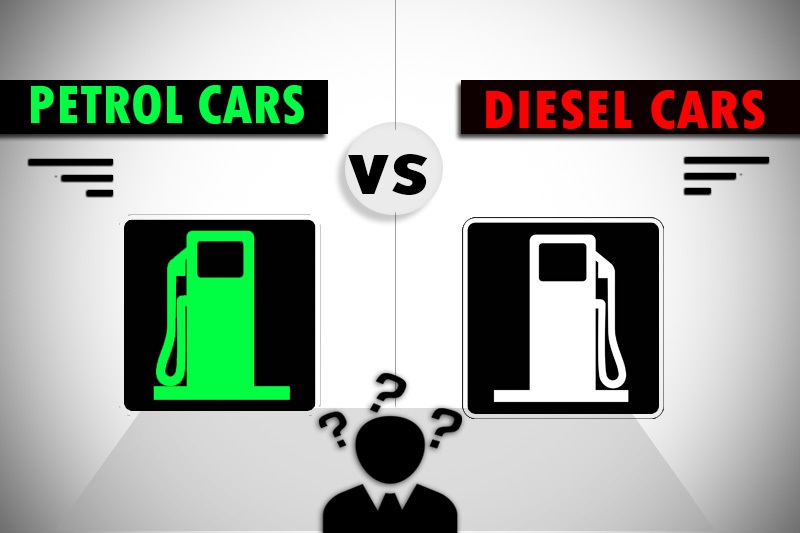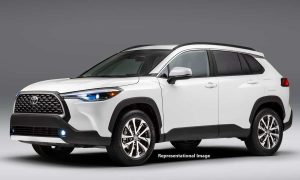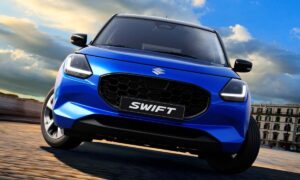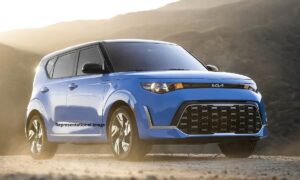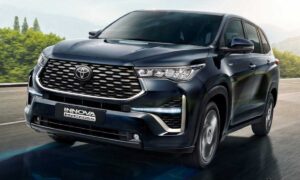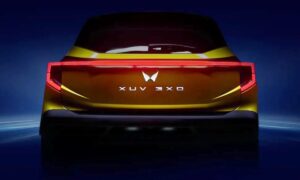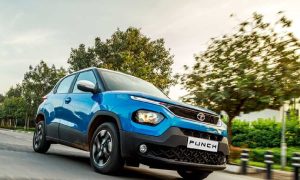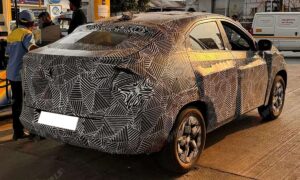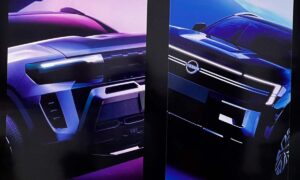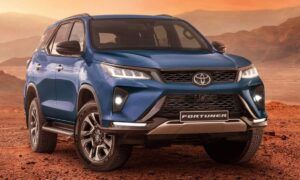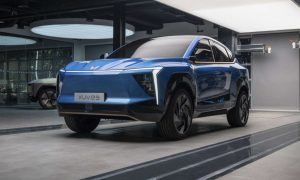Having a tough time deciding on the fuel type for your new car? This question runs through every car buyer’s mind, while a few years ago it was non-existent. The popularity of petrol cars was at its peak when carmakers came up with the idea of introducing smaller capacity diesel engines in a bid to enhance fuel efficiency of budget hatchbacks. Contrary to the current scenario, diesel engines were used mostly in commercial vehicles like trucks, buses, locomotives etc save for select models, usually UVs. The diesel revolution in the Indian automotive industry began in the beginning of current decade, when car giants started rolling-out diesel versions of their popular models. The sudden change in the priority was courtesy the stark difference in the prices of petrol and diesel along with other factors that worked in the favour of diesel engine. Even smaller hatchbacks like Chevrolet Beat etc were introduced with diesel unit that promised around 25kmpl of fuel economy. The trend however seems to overturn with the price difference between both the fuels narrowing constantly. While the quandary over petrol and diesel engines continue among customers, here are some aspects you should review before drawing a conclusion. (Petrol Vs Diesel Cars). Read More – Petrol & Diesel to Add to Your Online Cart Soon as Gov Mulls Home Delivery
Petrol vs Diesel Cars – Price Difference
In a price conscious market like India, where budget is given upmost prominence, pricing plays a vital role in deciding on a car. The difference in cost between a diesel powered and petrol car is substantial. While the budget hatchbacks do not come with a diesel option (the likes of Maruti Alto & Renault Kwid), the entry level B segment models like Hyundai Grand i10 and Maruti Swift are available in both the options. Let us explain by giving you can example, the Hyundai Grand i10 base petrol ERA variant is priced at Rs 4.59 lakh as against its diesel version that costs Rs 1.10 lakh more at Rs 5.69 lakh (ex-showroom, Delhi). While prices mentioned above are ex-showroom figures, the difference becomes wider with registration & other additional costs. Read – Best Mileage Petrol Cars In India
Petrol vs Diesel Cars – Calculate Your Daily Commuting Distance
It is a known fact that diesel cars offer better fuel economy and that is the reason most of the people who cover longer distance on a regular basis prefer a diesel engine over petrol. While petrol engines are more refined with lower NVH levels, they are not as frugal as diesel units. Additionally, diesel is available at a relatively lesser price which further cuts down on the running cost. For these reasons, diesel cars are suitable for those who travel around 80 to 100kms or above on daily basis, whereas those who travel within a smaller vicinity should opt for a petrol engine.
Petrol Vs Diesel Cars – Service & Maintenance Cost
The difference between prices of both the fuels has narrowed over the time. While pricing is dynamic, the cost of maintenance & service is another vital factor that one should consider. The expenses on maintenance & service of diesel cars are higher than their counterparts. Even the diesel parts (barring the generic spares) are slightly more expensive compared to petrol engine. Read More – Best Petrol Cars in India – Rs 5 lakh – Rs 10 lakh
On an average, a car requires service after every 10,000kms. Usually, the difference in service cost between petrol and diesel car is between Rs 3,000 to Rs 4,000 (approximate figure). Talking about the generic spares like oil filter, gear oil, clutch and pressure plate and fuel filter are cheaper in petrol. Keeping these factors into account, one spends more money on diesel cars than petrol models.
Petrol Vs Diesel Cars – Other Factors
Power-
In India, power of a car is usually determined by the number of people it can carry or in simpler words the capacity of carrying people. On one hand the petrol cars offer linear power delivery and impressive initial pick-up, but lag in terms of pulling power (after a certain point) due to lower torque. The diesel engines that usually carry a turbocharger develop higher torque, resulting in better pulling power. While this happens after certain rpm, one experiences initial turbo lag which delays the response time. Therefore, if you are looking for a responsive engine, opt for a petrol model and if you are driven by the abrupt thrust ensuing initial lag, you better go for a diesel option.
Refinement-
The refinement of a car can vary from model to model, even if it belongs to the same manufacturer. In case of diesel and petrol, the overall difference is quite prominent. The diesel engines lack in terms of NVH levels short for Noise Vibration and Harshness. With the use of modern technology, it has improved over the time, but it still lags when compared to petrol engines. This noise usually seeps inside the cabin while on the go hindering the ride quality.
Petrol Vs Diesel Cars – Verdict
The aspects discussed above give a clear insight into the pros and cons of petrol and diesel engines. We would suggest you to carefully go through all the segments and evaluate each aspect minutely before deciding on your next car.

